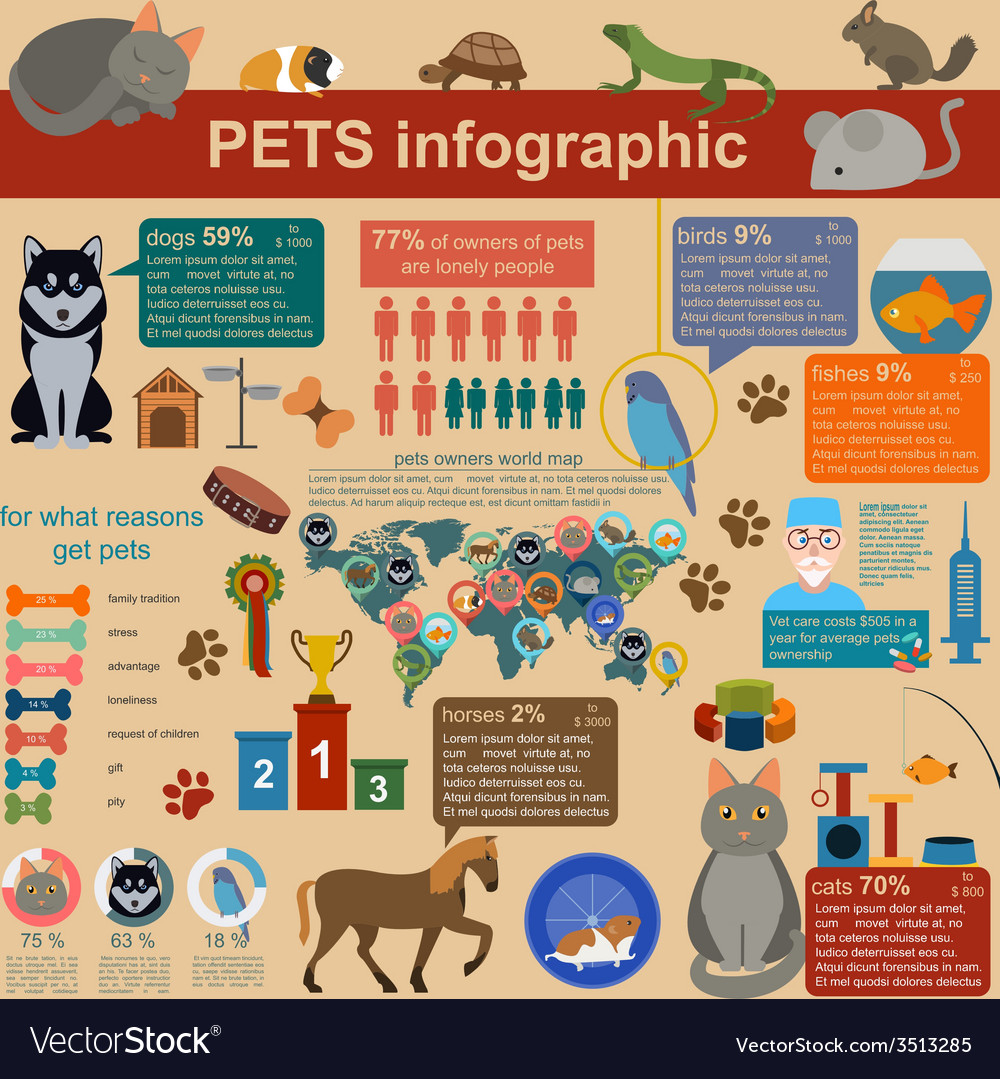Many canines enjoy daycare and more than happy to be with their hair siblings all the time. Nonetheless, for some dogs it can be stressful.
Search for a facility with accredited instructors and behaviorists that get on the floor whatsoever times, monitoring the team play. This is specifically important for canines that are reactive, display source safeguarding or become antisocial or obsessive.
1. Overcrowding
For numerous pets, childcare is a favorable experience that provides physical and mental exercise to burn off pencil up power. However, the influx of new canines, smells and atmospheres can be frustrating for some dogs.
Canines must be coupled with various other pets that are comparable in dimension, age, socializing and play design to make certain safety and security and avoid overstimulation. However, overcrowding is common at canine daycares and can trigger character clashes and bullying that lead to injuries.
Ask what safety measures the facility takes to keep your pup safe. For example, is there an outdoor room for pets to run away the crowds? Does the center have normal breaks for your dog to relax their nerves? Ask what sort of emergency treatment and mouth-to-mouth resuscitation training workers have and if they recognize with providing medicine to your canine. Also, it is essential to ensure your canine's food and medications remain in a classified bag that childcare team can swiftly gain access to.
2. Changes in routine
Completion of summertime is coming and with it comes big adjustments as kids go back to college and individuals return to their work schedules. This can be demanding for your puppy. They'll miss all the hiking and play you do together and may begin to really feel bored. Their habits might transform as well, such as excessive barking or destructive actions.
Pets enjoy routine, so a sudden change in their everyday routine can create them tension. Make sure to intend in advance and gradually modify your feeding and walk times in the weeks leading up to back-to-school. This will aid your canine adjust to their brand-new routine and reduce any kind of unwanted behavior.
Childcare is an outstanding way for pet dogs to get a lot of physical and psychological exercise, particularly if they are young or energetic. They additionally get socializing experiences that will build self-confidence and good behaviors, which can help them manage the stress and anxiety they might experience from points like trips to the veterinarian, sees to your home or office and various other stressful occasions.
3. Separation anxiousness
The drop off and pick up procedure can be a bit demanding for canines, specifically when it's the first time. Several canine childcares provide a regular everyday schedule, and gradually this helps family pets really feel comfortable and safe and secure while they're away from their proprietors.
Structured playtime, structured pause and normal snack times all aid dogs establish a sense of knowledge and predictability. This, combined with positive support, helps alleviate separation stress and anxiety signs and symptoms.
Socializing also keeps pets physically and psychologically busy, which can make them less reactive to stress factors when they're home. This, along with favorable support, helps to minimize anxiousness and increase self-confidence.
4. Not being watched play
Canines that are not interacted socially routinely can end up being dog daycares near me anti-social-- this is often seen as pet dog aggressiveness. This can happen even in a well-managed childcare setup, so be sure to enjoy the pets thoroughly. Try to find a proportion of 11 or less canines to flooring individuals. Staff ought to be playing and engaging with the pets, not sitting at their desks or staring at their phones.
The center needs to have a quiet area where the canines can kick back and reenergize in between play sessions. This is especially essential for high-energy breeds that require to burn added energy or low-energy older dogs.
Ask the personnel what they do to keep the pet dogs relax. They need to use positive reinforcement (praise, petting, play) and never ever make use of physical penalty or aversives. They should also be trained in animal first aid and CPR. Finally, the center must have a reliable method for feeding times to stop food aggression.
